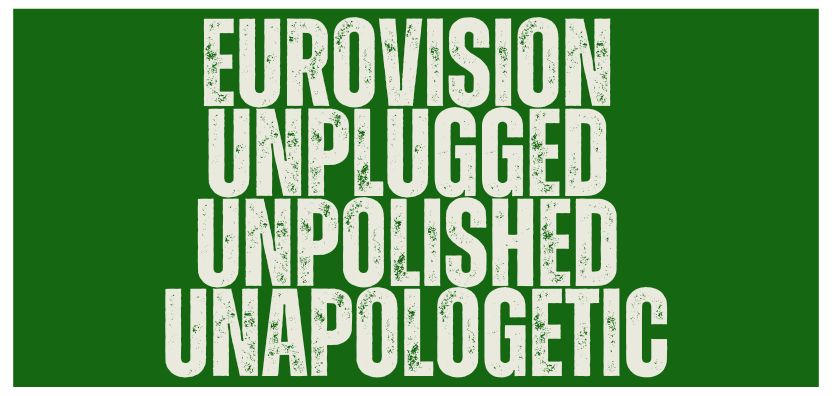Portugal debuted at the Eurovision Song Contest in 1964 and is known for its dedication to Portuguese-language entries and traditional music styles. Despite participating for over five decades without a win, Portugal’s persistence paid off in 2017 when Salvador Sobral’s Amar pelos dois claimed victory with its simple, heartfelt performance and jazz-inspired melody. This historic win ended the country’s record as the longest-participating nation without a victory.
Portugal’s Eurovision journey has been marked by an emphasis on authenticity, often choosing songs that reflect its rich musical heritage, including fado influences and poetic lyrics. The national selection, Festival da Canção, has been a cornerstone of Portugal’s Eurovision strategy, offering a platform for both established and emerging artists.
While often avoiding gimmicks and flashy staging, Portugal’s entries stand out for their emotional depth and linguistic pride. Despite occasional struggles with qualification, Portugal remains a beloved participant, celebrated for bringing genuine and distinctive performances to the Eurovision stage.






